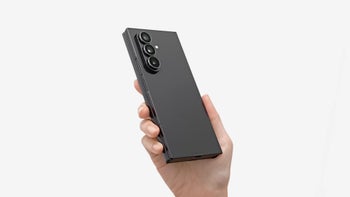Analysts: HTC cut prices because of 'bleak prospects' with carriers, may refocus on phones like Pixel

All of these mishaps have forced HTC, which wasn't known for great value tags, or significant cuts, to readjust its pricing strategy in the US. The HTC 10 went from the whopping $699 down to $499 very soon after launch, and now the U Ultra is following suit. HTC announced recently on Twitter that it is slashing the prices of its newest flagship from $749 to $599, and that's a handset with large QHD panel, high-end camera and premium design augmented by a secondary screen that was just announced last month. Not only that, but the One A9 went down to just $199, and the Bolt for $150 off.
In fact, another analyst, Cliff Maldonado from BayStreet Research, thinks that HTC is winding down its inventory and may not out other flagships in the US, but rather end up making phones for external customers like Google: "We believe the launch of the Pixel at Verizon and the Bolt at Sprint, combined with the recent headcount reductions, indicate HTC will follow more of an ODM business model going forward. We believe HTC has astutely restructured to compete with their hardware design strengths and partner with brands to lower marketing and distribution costs and overall risks. It will be interesting to see how and with whom HTC partners with next."
There you have it, no matter what HTC does, there just doesn't seem to be much interest from US carriers when it is going it alone. What do you think, is this some nefarious plot by carriers, or is the problem of HTC's own making?
source: HTC (Twitter) via Fierce Wireless
Follow us on Google News













Things that are NOT allowed:
To help keep our community safe and free from spam, we apply temporary limits to newly created accounts: